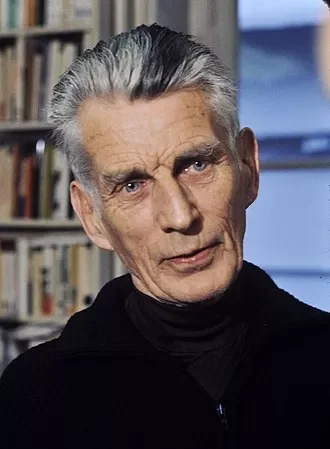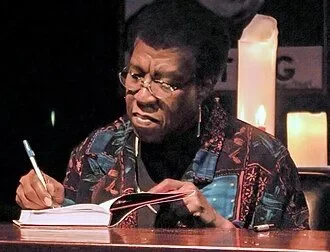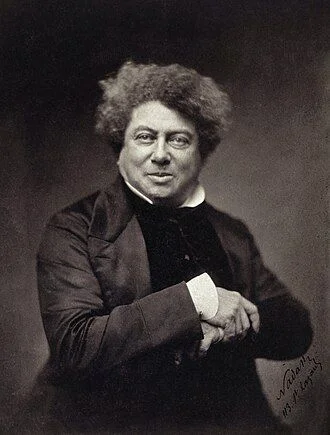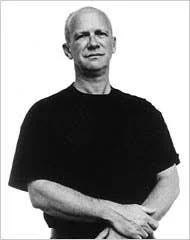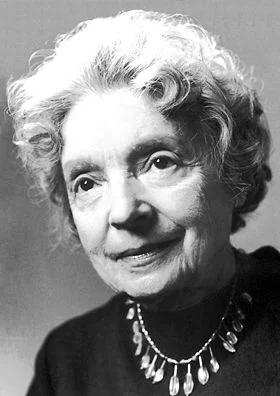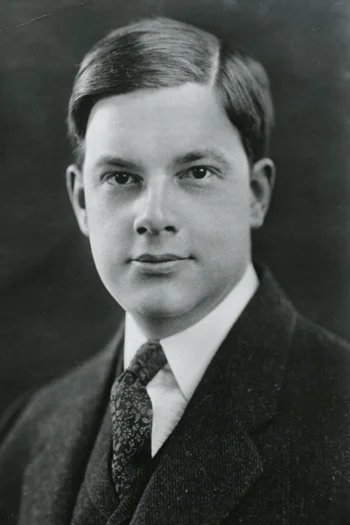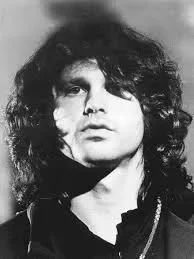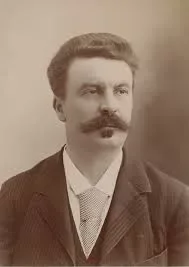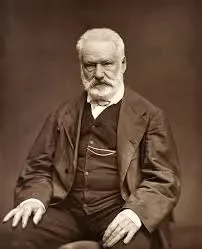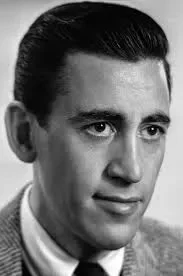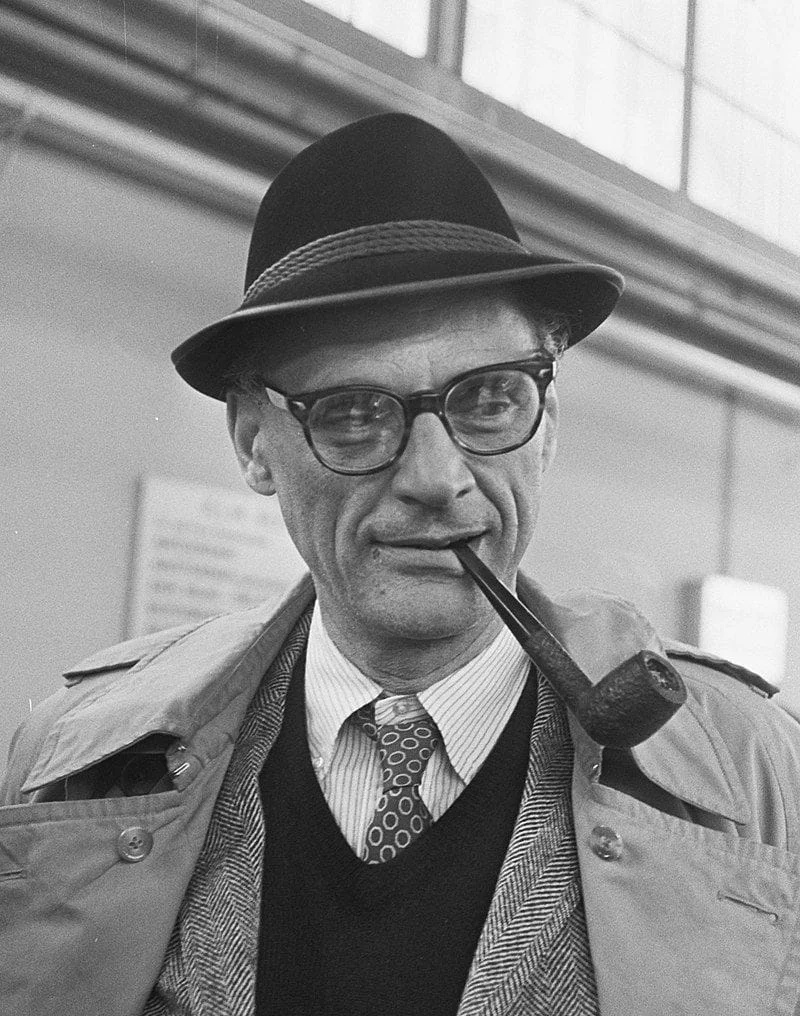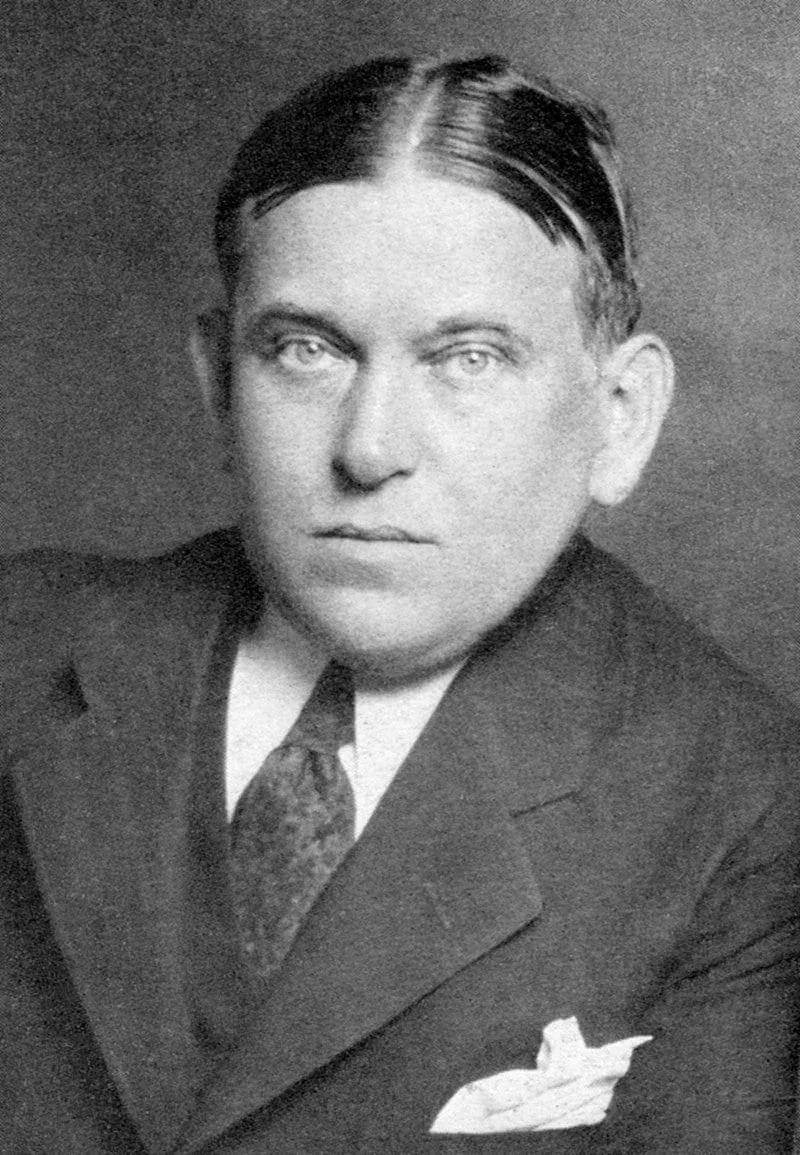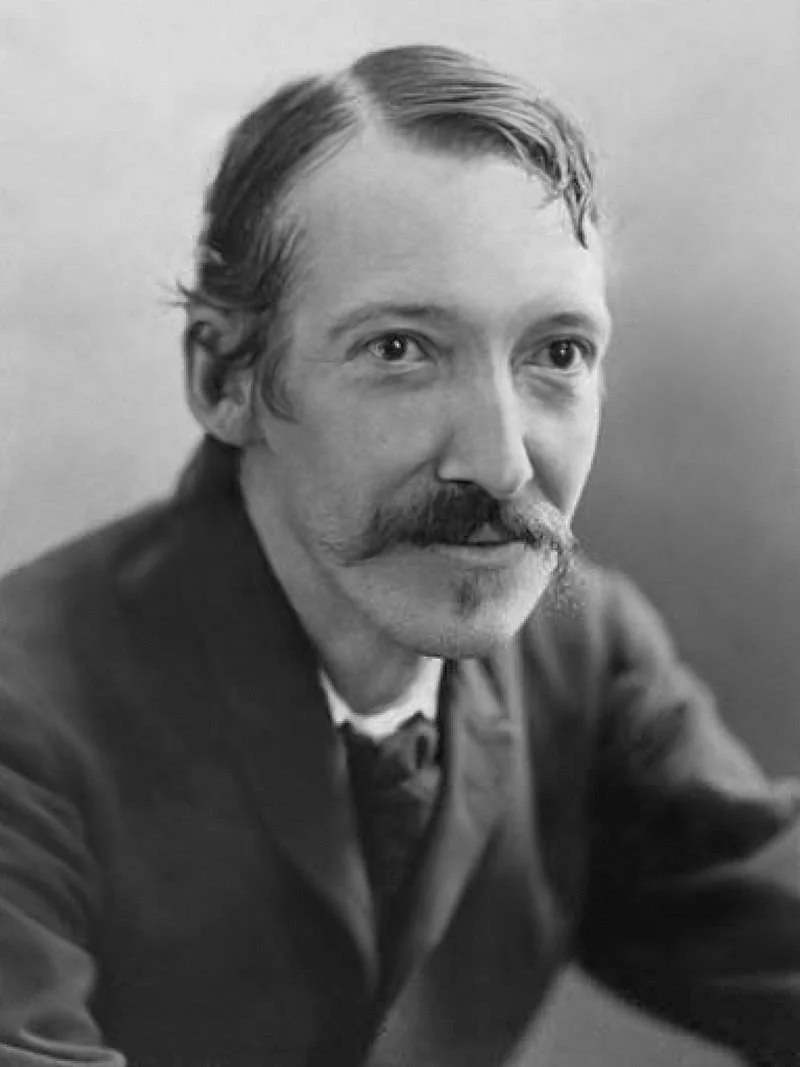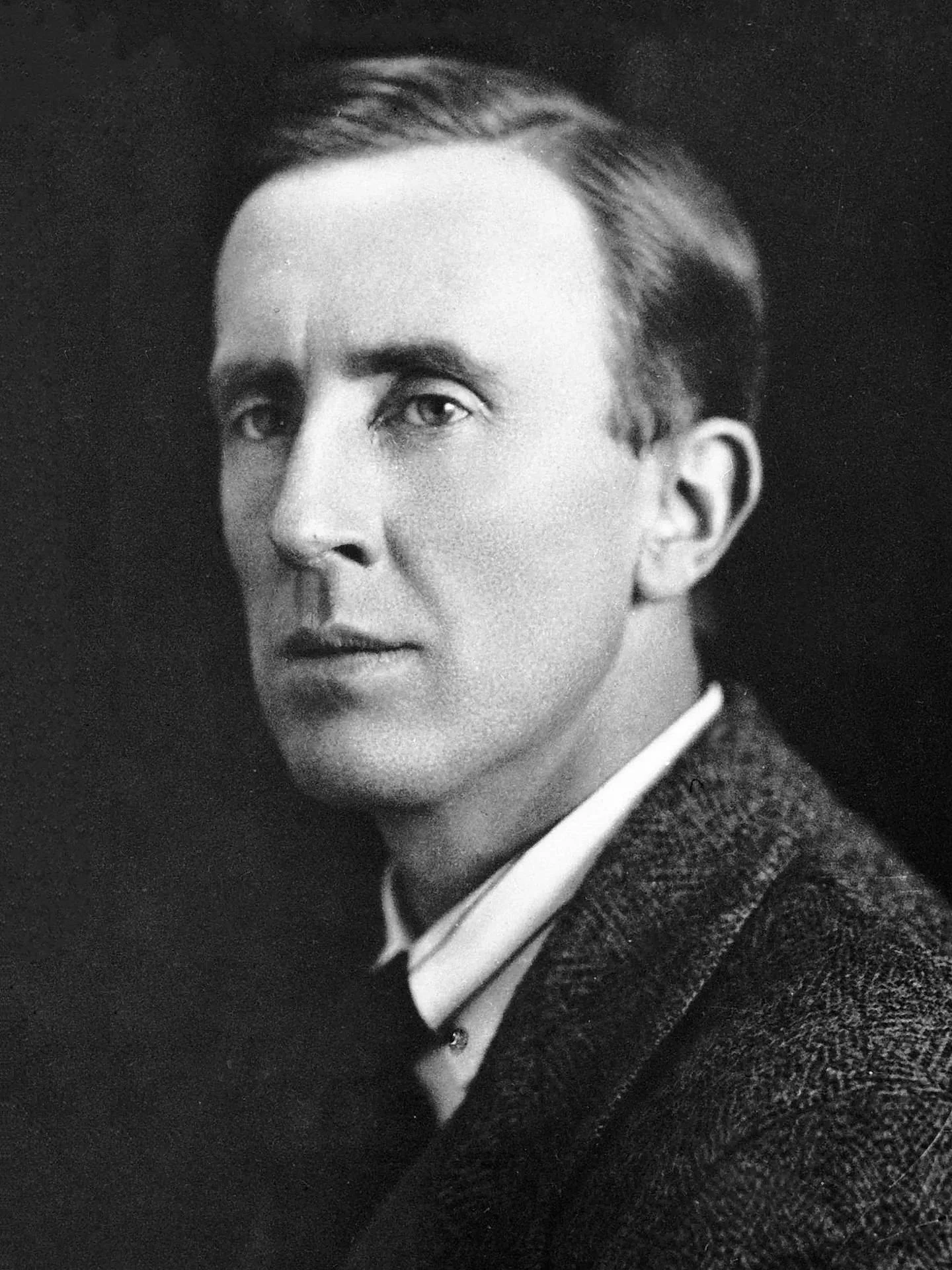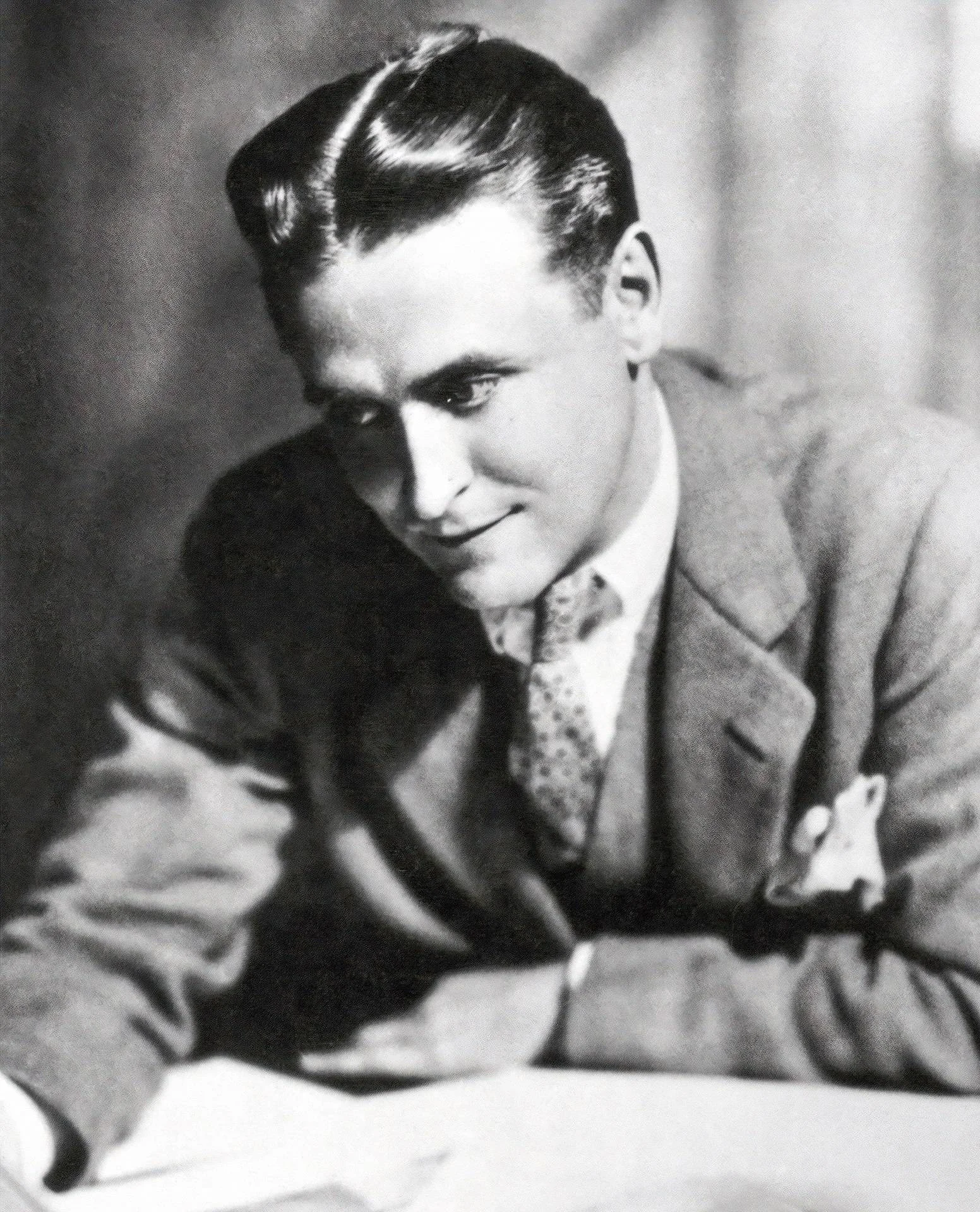Real Celebrities Never Die!
OR
Search For Past Celebrities Whose Birthday You Share
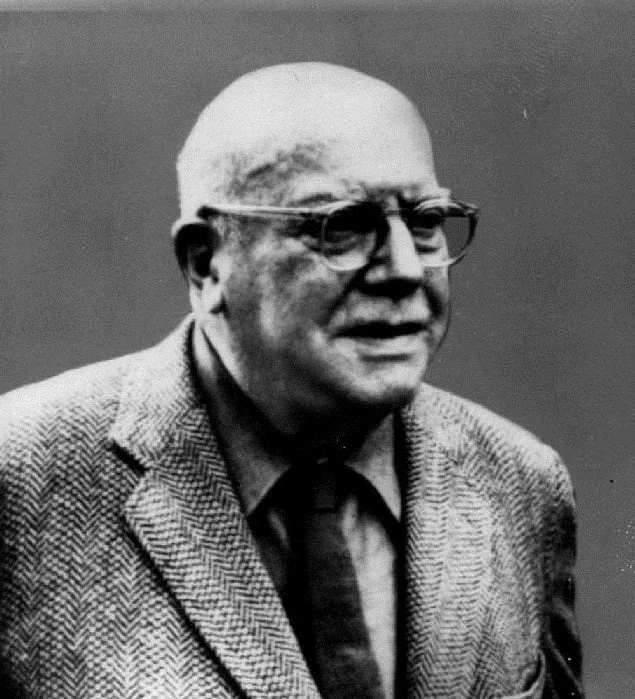
source:wikipedia.org
Conrad Aiken
Birthday:
05 Aug, 1889
Date of Death:
17 Aug, 1973
Cause of death:
heart attack
Nationality:
American
Famous As:
Critic
Age at the time of death:
84
Conrad Aiken's Quote's
Early Life and Childhood Tragedy
Conrad Aiken was born on August 5, 1889, in Savannah, Georgia, into a wealthy and distinguished family. His early life, however, was overshadowed by a tragic event. At just 11 years old, Aiken’s father killed his mother before committing suicide. This traumatic experience left Aiken and his siblings orphaned, forever shaping his worldview and creative expression.
After the tragedy, Aiken was sent to live with his great-aunt in New England. It was there that he developed a deep love for literature and began writing poetry. This early exposure to literature sparked a lifelong passion that would lead to his remarkable career as a writer.
Education and Early Literary Success
Aiken attended Harvard University, where he graduated in 1912. While at Harvard, he mingled with literary talents such as T.S. Eliot, who became a lifelong friend. Soon after graduation, Aiken published his first poetry collection, ‘Earth Triumphant’. The collection was well-received, marking the beginning of his rise as a significant literary figure.
Throughout the 1910s and 1920s, Aiken published numerous poetry collections that explored themes such as mortality, love, and the complexity of the human experience. His writing was noted for its emotional depth and modernist style. In 1929, Aiken received the Pulitzer Prize for his collection ‘Selected Poems’, which included notable works like “Morning Song of Senlin” and “The Charnel Rose.”
Contribution to Novels and Short Stories
In addition to his poetry, Conrad Aiken ventured into novels and short stories. His 1930 novel *Blue Voyage* earned widespread praise for its experimental narrative and psychological depth. The novel follows a man on a journey of self-discovery, weaving dreamlike sequences and surreal imagery throughout. This innovative storytelling cemented Aiken’s status as a leading figure in modernist literature.
Aiken’s work in short stories was equally groundbreaking. His 1924 collection ‘Impulse and Other Stories’ experimented with form and language, touching on themes of identity, memory, and perception. Aiken’s creative exploration helped popularize the modernist short story, influencing many writers who followed.
Philosophical and Psychological Influences
Conrad Aiken’s literary output was shaped by his keen interest in psychology and philosophy. He was particularly influenced by the work of Carl Jung, and Jungian themes are evident throughout much of his writing. His exploration of the subconscious mind, perception, and the human psyche added layers of complexity to his works.
In the 1950s, Aiken became interested in Eastern spirituality and studied Zen Buddhism. This interest in spirituality and the mysteries of human consciousness deeply informed his later works.
Personal Setbacks and Memoir
The 1930s brought personal challenges for Aiken, including the death of his second wife and financial struggles. Despite these setbacks, Aiken continued to write prolifically. In 1938, he published his memoir “Ushant”, where he recounted his childhood and the events that led to his parents’ deaths. The memoir is a deeply introspective work that sheds light on the personal struggles that shaped his literary voice.
World War II and Later Life
During World War II, Aiken worked for the Office of Strategic Services (the precursor to the CIA), where he wrote propaganda supporting the Allied cause. After the war, he returned to his writing and published “A Heart for the Gods of Mexico” in 1952. This novel tackled themes of religion and personal identity, further expanding the range of his literary contributions.
Interest in the Paranormal and Final Years
In his later years, Conrad Aiken became increasingly interested in the supernatural and paranormal. He claimed to have had psychic experiences and explored these themes in his book “The Morning Song of Lord Zero”. In this work, Aiken delved into the possibility of life after death, showcasing his lifelong curiosity about the mysteries of existence.
Aiken continued writing until his death on August 17, 1973, at the age of 84. His influence on modernist literature remains significant, and his works are still studied for their psychological depth, experimental style, and exploration of the human condition.
Legacy
Conrad Aiken’s contributions to modernist literature made him a key figure in the literary world of the early 20th century. His experimental approach to poetry and prose, combined with his deep psychological insights, continues to inspire readers and writers alike. Aiken’s legacy endures in the works of contemporary authors who have been influenced by his innovative style and intellectual rigor.
Name:
Conrad Aiken
Popular Name:
Conrad Aiken
Gender:
Male
Cause of Death:
heart attack
Spouse:
Place of Birth:
Savannah, Georgia, United States
Place of Death:
Savannah, Georgia, United States
Occupation / Profession:
Personality Type
Advocate: Conrad Aiken can be described as ‘ a quiet and mystical, yet very inspiring person who was a tireless idealist. He showed his idealism in his literary works.
Conrad Aiken continued to write prolifically into his later years, publishing poetry collections, essays, and memoirs that reflected his deep introspection and philosophical musings.
From 1950 Conrad Aiken served as Poet Laureate of the United States for two years.
He received the Pulitzer Prize for Poetry in 1930 for his collection “Selected Poems,”
When he was a child his father murdered his mother wife and committed suicide on 27 February 1901
Academy of American Poets fellowship in 1957,
Brandeis University Creative Arts Award in 1967
Guggenheim fellowship in 1934,
Huntington Hartford Foundation Award in 1960,
National Book Award for Collected Poems in 1954
Pulitzer Prize in 1930 for Selected Poems,

